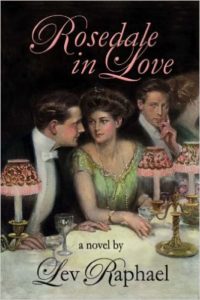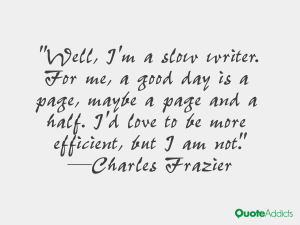So best-selling author Jennifer Weiner watched the Super Bowl halftime extravaganza, and the perfect looks and body of Jennifer Lopez made her feel inferior.
Talking about her Facebook friends, she wrote in the New York Times: “Some members of my social-media community were in awe. Others — myself included — were feeling personally judged.”
This is her very tired shtick as an author. Not so long ago she was complaining in the New York Times about how the “snobs” in the literary world looked down on her novels. And she lamented her status as a writer of popular fiction.
Weiner’s professors were Joyce Carol Oates and Toni Morrison and she said she couldn’t ever have imagined them liking her published work. Did she ask them? And even if they thought her work was trash, so what?
Most authors are never mentioned by the Times, but she’s a contributing opinion author there. She was even the subject of a glowing profile in The New Yorker about—you guessed it—not being respected. How many writers in America get that kind of exposure?
Don’t be fooled by all her happy-face publicity photos. It seems that whenever you read an opinion piece by Weiner or see her quoted, she’s got this humongous chip on her shoulder.
The last time I checked, her first novel was in its 57th printing. The New Yorker reported back then that “Weiner’s books have spent two hundred and forty-nine weeks on the Times best-seller list.” Over fourteen thousand readers on Goodreads had reviewed her latest novel. Weiner’s also made millions from her books, and more than one of them was turned into a movie.
How many writers in America enjoy that level of success?
Whatever people say about her books and however much she gripes about being dissed, Jennifer Weiner is in the publishing world’s 1%. She wealthy and famous, but she’s not satisfied. I guess she wants to be as honored as Toni Morrison and Joyce Carol Oates. Well, dream on. Who wouldn’t?
Weiner’s consistent carping reminds me of the author whose first novel sold half a million copies in hardcover and was ecstatically praised—but he bitched to a writer friend of mine that he didn’t get a Pulitzer nomination.
For some people, some authors, nothing is ever good enough. If Weiner got the Pulitzer, you can imagine her asking why it took so long. And so of course Jennifer Lopez makes her feel like crap. If she looked Like J-Lo, she’d feel inferior to Beyoncé, and the beat goes on….
Lev Raphael is the author of 26 books in genres from memoir to mystery, most recently State University of Murder.





